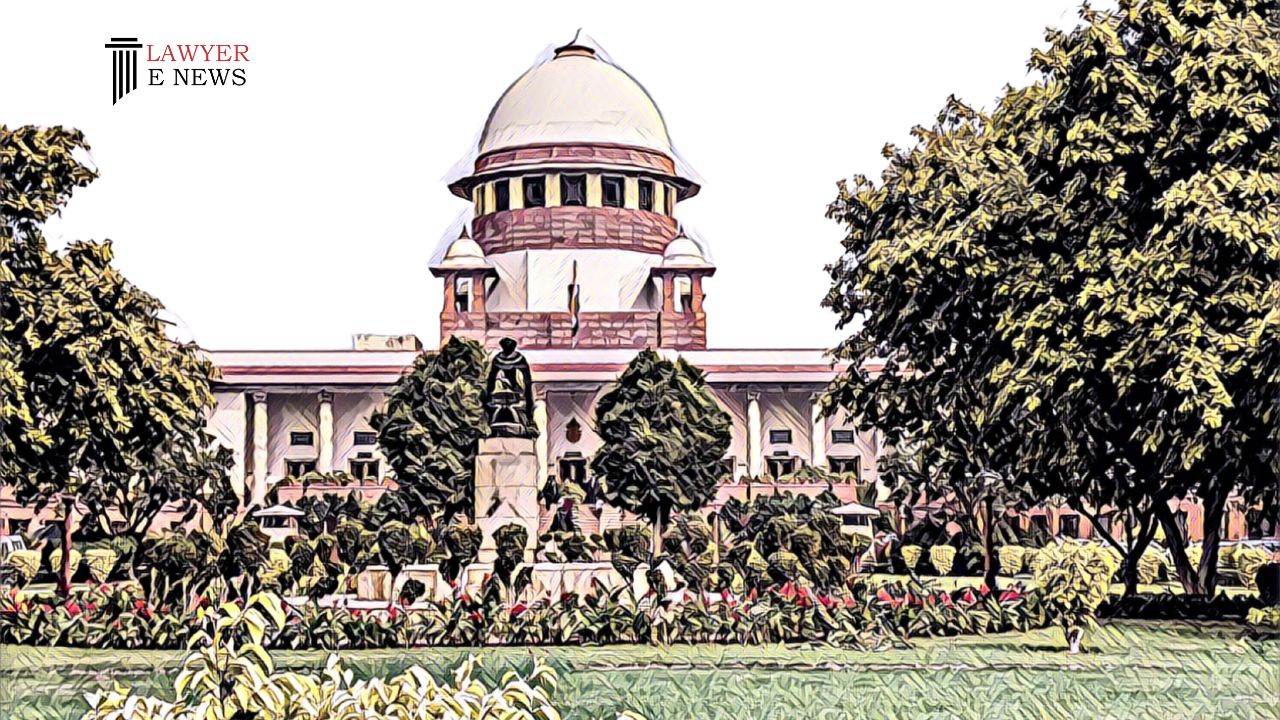-
by sayum
14 February 2026 2:22 PM



The Supreme Court of India, on April 26, 2024, delivered a landmark judgment regarding the reliability and transparency of Electronic Voting Machines (EVM) and Voter Verifiable Paper Audit Trails (VVPAT), used in the electoral process. The judgment came in response to multiple petitions challenging the integrity of EVMs and seeking directives for either reverting to paper ballots or mandating 100% tallying of VVPAT slips with EVM results.
The petitions argued that EVMs, potentially susceptible to tampering, compromise the transparency of elections, thereby undermining voter confidence. Specific reliefs sought included a return to paper ballots, the issuance of VVPAT slips to voters for verification, and 100% counting of VVPAT slips to guarantee accurate reflection of votes cast in election results.
The Court detailed the technological safeguards and legislative endorsements that fortify the use of EVMs and VVPATs. Notably, it referred to previous judgments affirming the EVMs’ robustness against tampering threats and the constitutional and statutory support for their deployment in elections.
Emphasizing the constitutional role of the ECI, the Court highlighted its duty to conduct free, fair, and transparent elections. The judgment underscored the various protocols and safety measures implemented by the ECI to ensure the integrity of the electoral process.
The Court cited several past decisions where challenges to EVMs were robustly dismissed. It reiterated the Supreme Court’s stance in Subramanian Swamy v. Election Commission of India, which introduced VVPAT to enhance transparency and voter confidence.
The Court addressed the impracticality and lack of necessity for 100% VVPAT slip verification, noting the extensive validation processes that EVMs undergo before, during, and after elections, which include random VVPAT slip verification as per established protocols.
The Supreme Court dismissed the petitions, reiterating that the EVMs, when used in conjunction with VVPATs, offer a reliable, secure, and transparent method for conducting elections. It highlighted that the calls for a return to paper ballots or for exhaustive VVPAT tallying lacked substantial grounding in technological reality or necessity.
Directions Issued Further enhancing the trust in India’s electoral system, the Court issued specific directions aimed at increasing transparency:
EVMs and VVPATs are to be securely stored and their integrity verified post-election upon candidates' requests.
Continuous improvement measures and technological updates are encouraged to ensure the system remains robust against evolving threats.
Date of Decision: April 26, 2024.
Association for Democratic Reforms v. Election Commission of India & Anr.,
